Other reviewers have criticized the authors for it, stating that it narrows the field of research too much. Moreover it will naturally preclude the option of Arthur being found anywhere but in the bards' own locality.
But to my mind, it's an approach which makes sense on so many different levels.
No-one ever pretended that Arthur was anything but Celtic, however much he was dressed in Medieval French armor or placed into an Anglo-Norman castle. Everyone has always bemoaned the fact that much was lost due to the Celts having an oral tradition, without mentioning that it was the Bards who passed on those stories.
Preserving history and legends is what the Bardic system is all about! They prided themselves on memorizing their heritage in oral form, then passing them wholesale to those who followed. This is why there were strict bardic meters, and a tendency to group things into Triads. They served as mnemonics, and made it immediately obvious if something was missing or had been added in.
If any class of people had undiluted access to the facts about Arthur, then it was the Bards.
Mentions of Arthur are plentiful in the evidence left by the Bards in Wales. Some of whom witnessed the scenes that they were describing, or else wrote in the centuries immediately afterwards, based upon legends passed down in a Bardic meter.
Ignoring them has been like telling the story of Crazy Horse just from General Custer's point of view, while treating Lakota perspectives as irrelevant. Or only permitting Taliban sources to evaluate the events of 9/11.
Moreover, it's well established that English and Anglo-Norman writers have historically twisted Celtic legends - particularly those involving Arthur - to serve their own political needs, or else negate the threat in inspiring the Celts to rebellion. Starting with Geoffrey of Monmouth, who placed Arthur's birth at Tintagel, home of his Norman patron's brother; and including the most famous version, penned by Thomas Malory, who used the chivalrous Utopia of Camelot to obliquely criticize Plantagenet monarchs embroiled in the War of the Roses.
Their efforts rendered it acceptable - indeed obligatory - to always update the Arthurian legend, without regard to historical accuracy and/or a Celtic context, in order to express an alternative narrative.
This tradition continues into the modern day. George Lucas used it as inspiration for his Star Wars movies, which some have viewed as an ideological commentary about Capitalism versus Communism; while a Feminist context is blatantly apparent in Marion Zimmer Bradley's (admittedly fabulous) best-selling Arthurian novel The Mists of Avalon.


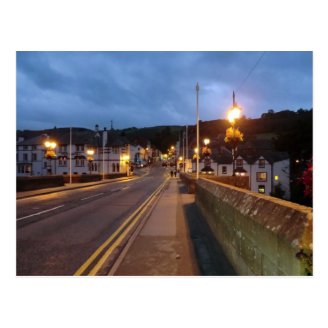





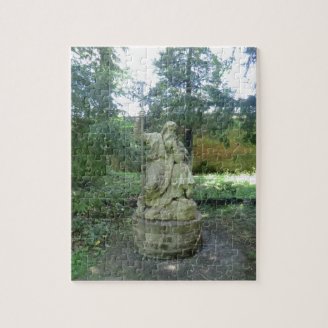







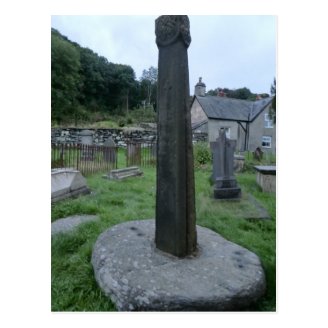






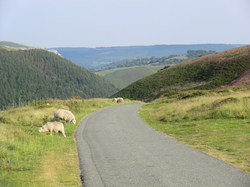

 St Tydecho's Churches in West Waleson 09/03/2014
St Tydecho's Churches in West Waleson 09/03/2014
 Goodies for an Outlander Premiere Partyon 03/06/2015
Goodies for an Outlander Premiere Partyon 03/06/2015
 Holocaust Memorial Day Interview with Rainer Höss, Grandson of Rudolf Architect of Auschwitzon 01/24/2015
Holocaust Memorial Day Interview with Rainer Höss, Grandson of Rudolf Architect of Auschwitzon 01/24/2015
 Romantic Valentine Gifts for an Outlander Fanon 01/16/2015
Romantic Valentine Gifts for an Outlander Fanon 01/16/2015

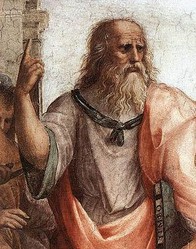
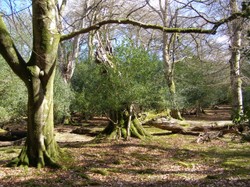
Comments
Caerleon just means 'City of the Legions'; caer means 'fortress'; and its modern name of Chester means 'City'. It's had more names besides those, but we've tended to go for keeping it simple!
I did not know that Chester had an older name, but considering that in Welsh it is Caer, I should have grasped this.
I very much do think that Arthur had connections with Chester. Part of my wandering about the city uncovered enough hints of that, even if I hadn't already noted that Chester is such a recent name for the city. It's only late Medieval. Until then, it was called Caerleon.
Plus the authors of this book also find a lot of evidence to place him there.
Excellent article Jo. Very enjoyable and informative. I have long believed that Arthur was North Welsh, though mid Wales is also an Arthurian location. I have always thought that the Tintagel tale was wrong. As you said, the Arthurian domains stretched into Cheshire, and, I suspect, Lancashire. At that time Powys stretched into Western England. In fact Wales stretched up to Cumberland until pressure from Northumbria and Mercia later shrunk it. Do you think that he had connections with Chester? Certainly one of his battles was at the city of the legions.